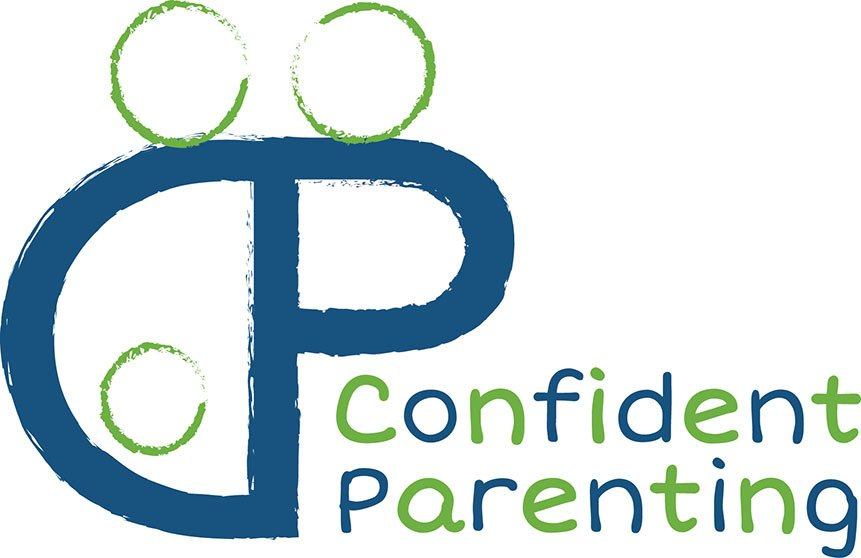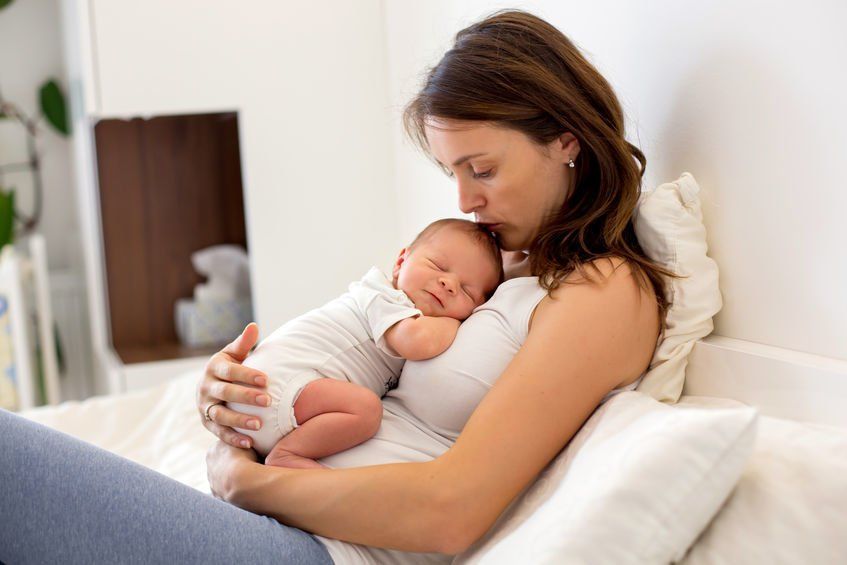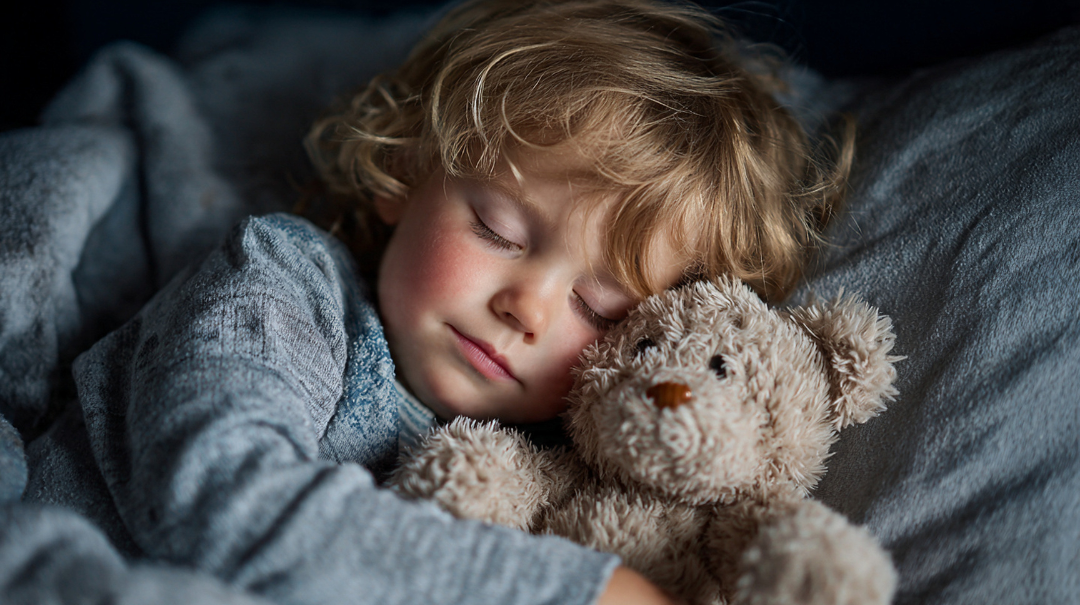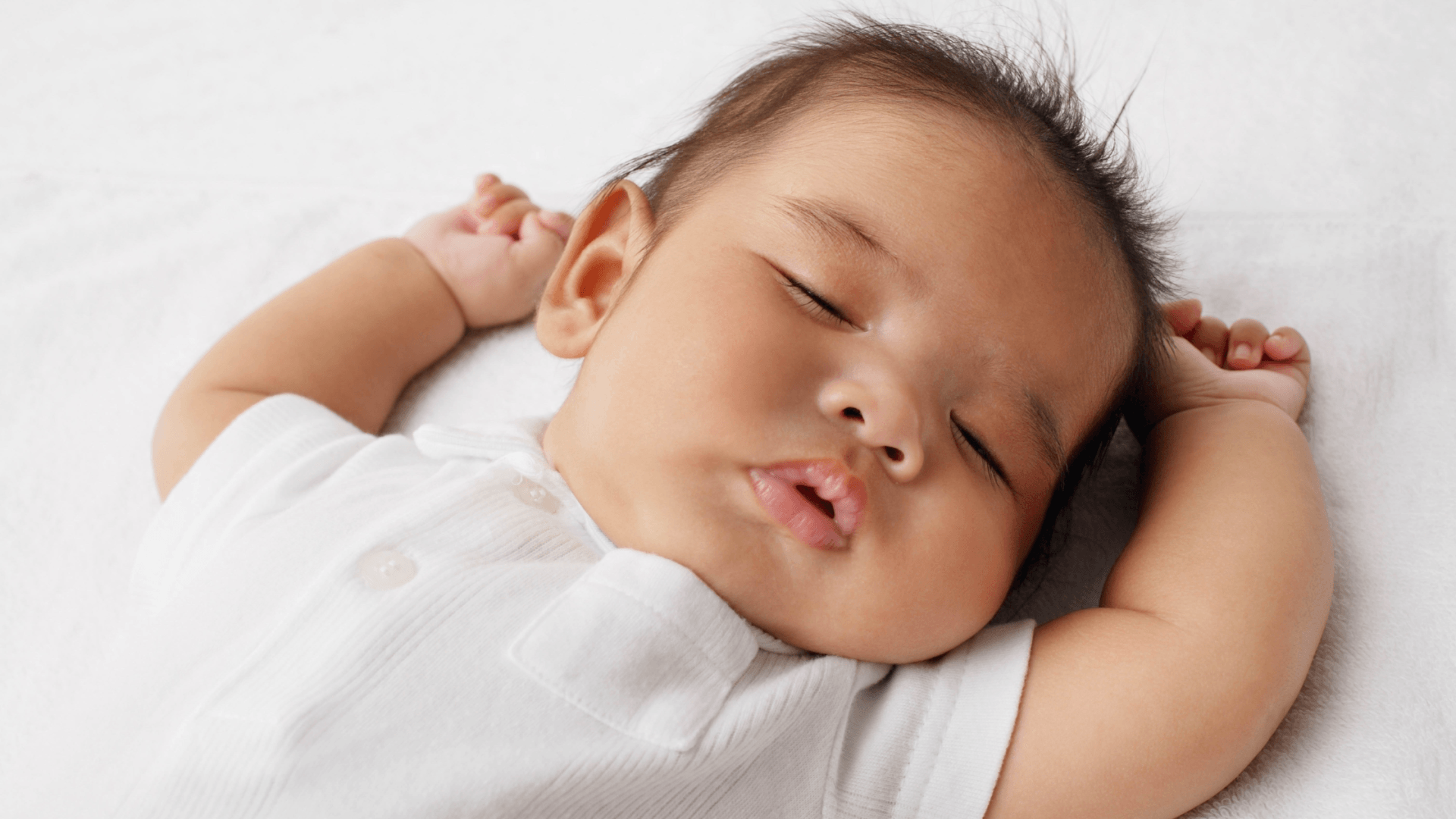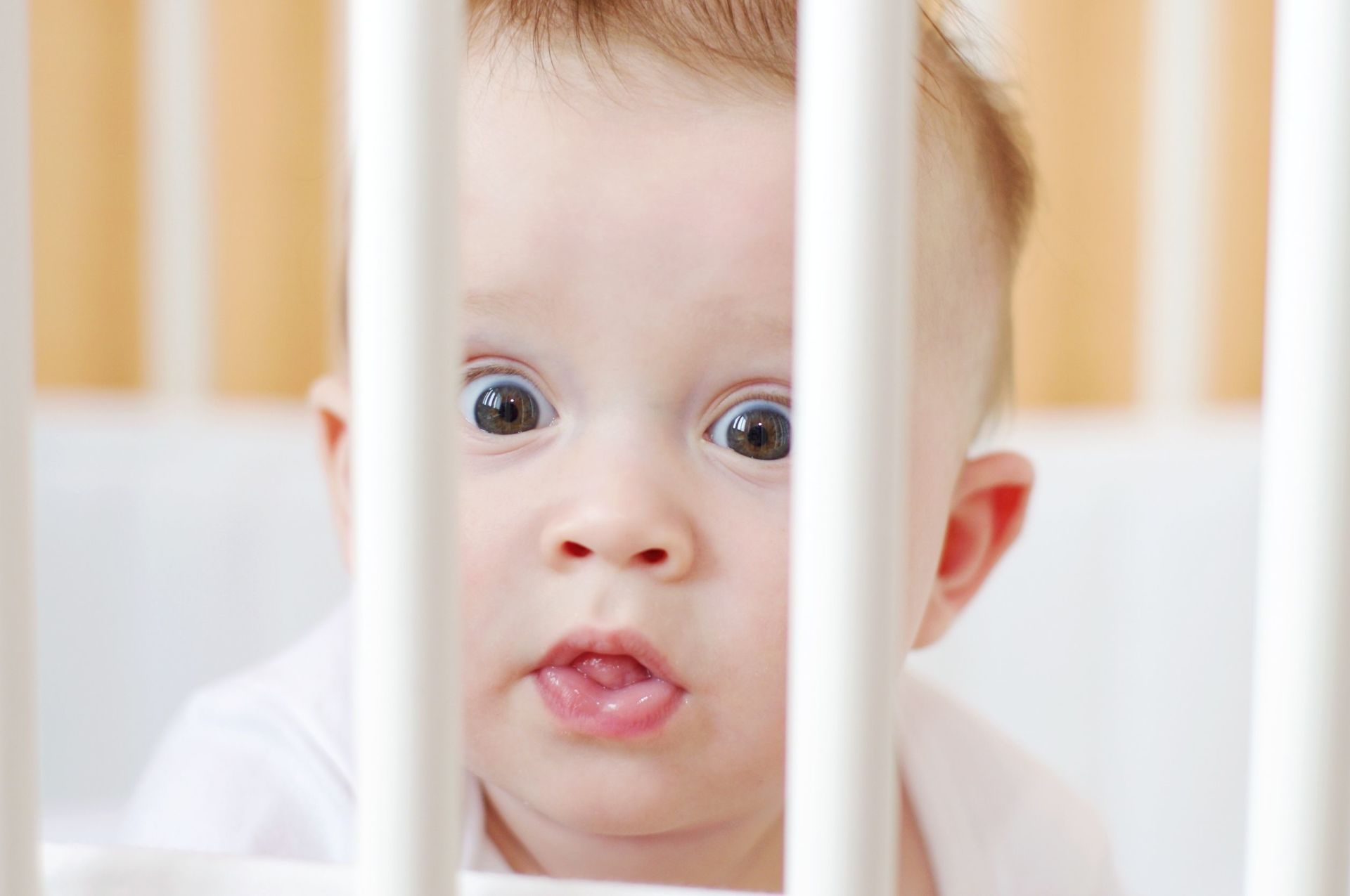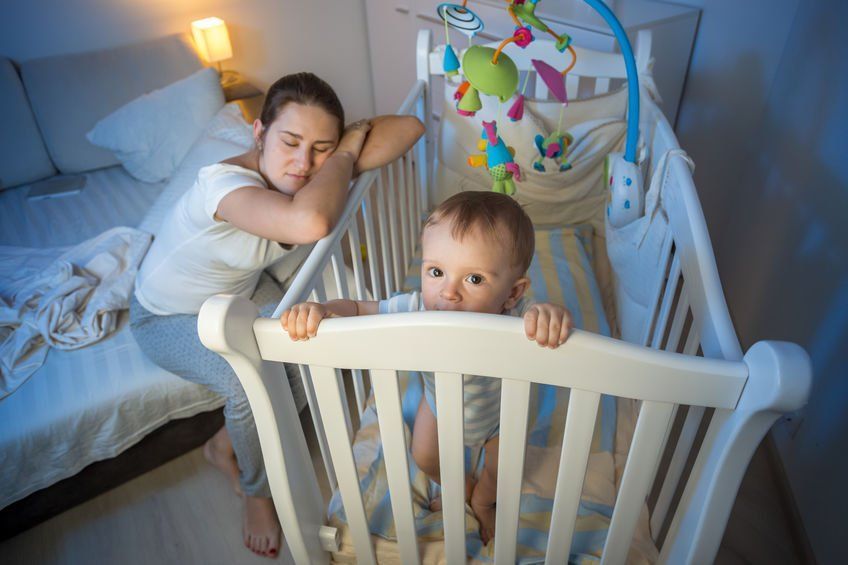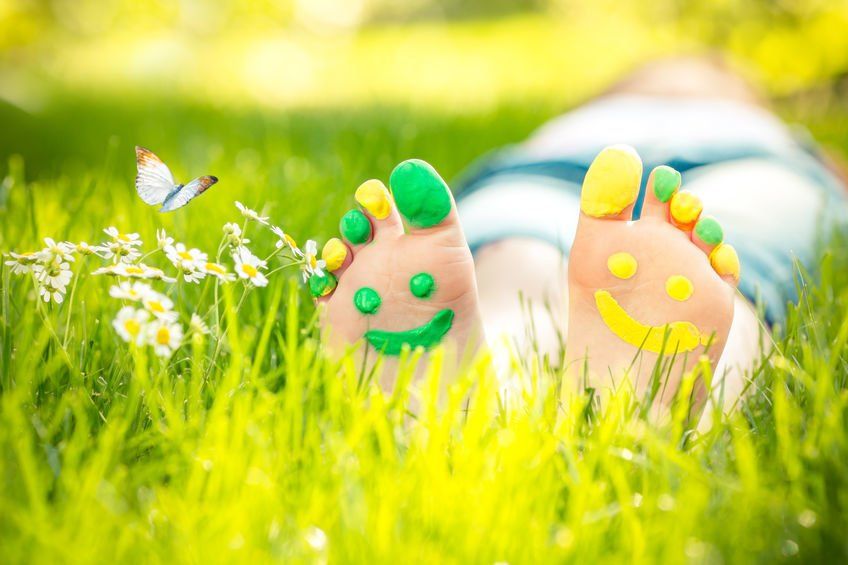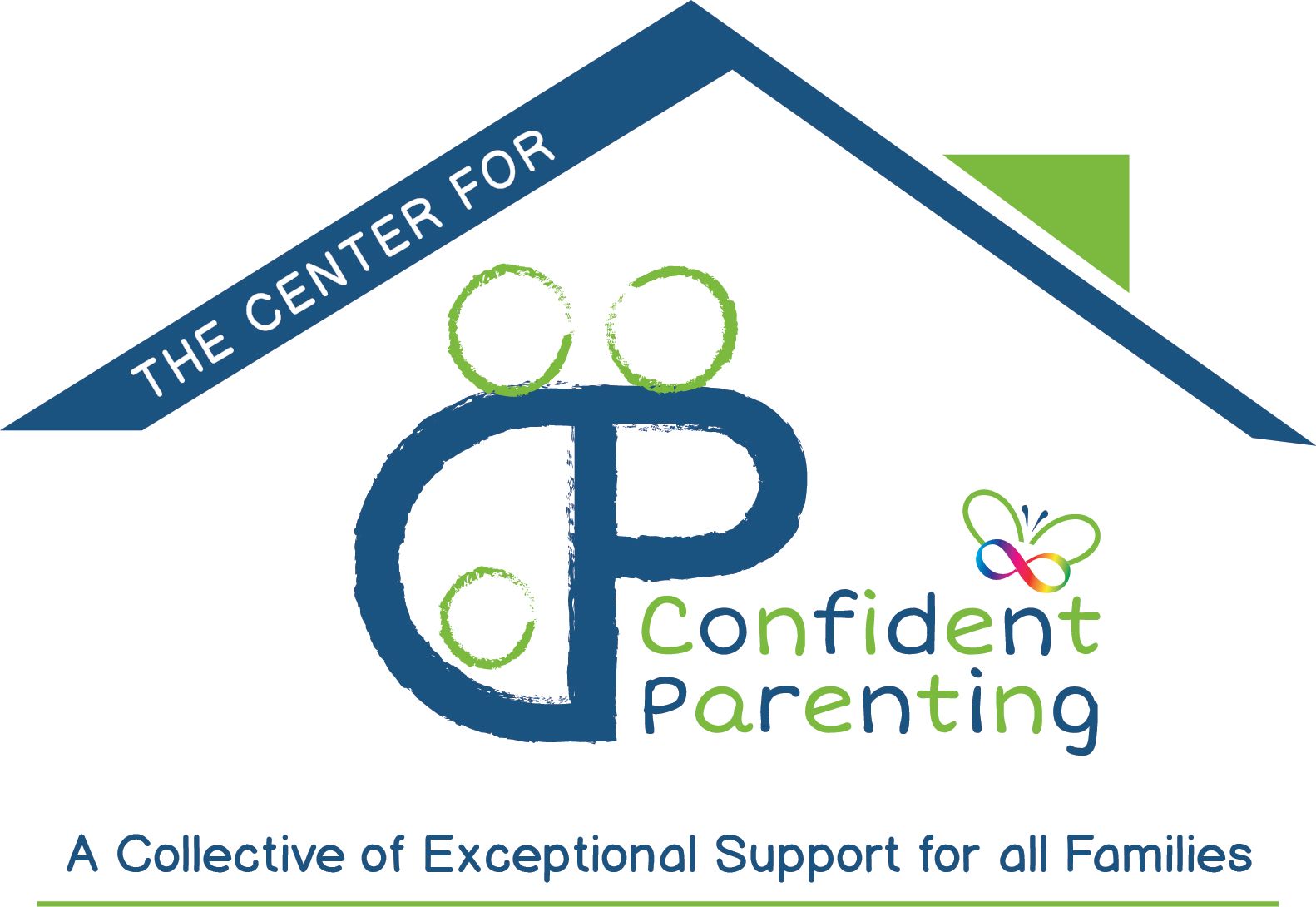THE most common question I receive from parents of newborns is this..."Is it a bad habit to hold (or rock or wear or bounce or feed) my baby to sleep?"
Or, phrased slightly differently, "I've heard that if I hold or feed my baby to sleep now, I will get stuck doing that forever?!" While there are many sources you can turn to for just as many opinions, you are here. So I will give you mine, as well as the logic behind it, so you can form an educated opinion for yourself.
First,
I am of a mind that we let go of the loaded language of words such as "bad" and "wrong" when discussing this topic. These words inject a whole lot of judgement and guilt into the discussion and simply aren't helpful.
You are responsible for a little human being and, assuming you are caring for baby in a safe way, nothing you choose to do is wrong or bad. We all do the best we can with what we know and the emotional and physical resources we have - and sometimes that means being in survival mode with no regard for habits we may need to address down the road. Being in survival mode and doing what works in the moment is OKAY!
Second,
let's take this question and apply it to another scenario. The subject of how babies sleep is historically fraught with emotion, judgement -and very often - high expectations. So flipping the script or scenario may help us answer the question unburdened of all that.
Let's take, for example, the topic of potty training. Do you agree that, at some point, you want your child to learn to use the potty or toilet? I'm sure you do. So how would you feel if your best friend/stranger in your Facebook Mom's group/ Mother in-law told you that, because you want your child to learn to use the potty later, you shouldn't create a habit of using and changing diapers now? No doubt, you would laugh that off and reply, "but they aren't capable of doing that yet so obviously I have to help them." Similarly, what if they said, "If you carry them in your arms now, they'll never learn to walk later." And there it is...the answer to our original dilemma. It all boils down, in my opinion, to capacity.
This topic of habits, and "bad" habits at that, all boils down to whether we are filling a legitimate need for baby who can't yet tend to that need for themselves or continuing taking away the opportunity to learn to do something from a baby who has the capacity to do so.
When a baby is born at full term, their brain is only about 25% of the way developed. Hence the need for so much help with feeding, calming, changing - and, yes, sleeping. Sleep and the organization of sleep, as well as the capacity to self-soothe, are driven by neurological development. And when a human baby is born, they just aren't yet that far along. Ever seen a baby giraffe enter the world? They are up and walking within an hour of birth! Our babies? That milestone takes, on average, a full year to attain. That distinction can be attributed to where the brain is in the span of development. As can my opinion on the subject of "bad" habits with newborns.
If we recognize that newborns have a long way to go in terms of neurological development, and we understand that neurological development is what dictates what baby is capable of doing for themselves as well as what they will need help to do, then it is fair to expect that a newborn will legitimately need help with many things, including sleep.
Not for forever (not even into the college years!) but at least until the brain takes a big leap forward in development and the capacity to self-soothe begins to develop. Expecting a newborn baby to drift to sleep and back to sleep entirely on their own will often lead to parents and babies who are super stressed and very sleep deprived - a vicious cycle that makes smooth, solid sleep ever more elusive. For these reasons I give you permission to do what works in this newborn stage without a dark cloud of worry over habits looming over you. If you can't baby your baby now, then when?!
This is not to say there isn't anything to be done to improve sleep in the newborn stage or prepare for the stages ahead. There certainly are.
Understanding baby's language and learning about ideal wake windows, fixed points for sleep, creating a sleep conducive environment and more can lead to longer sleep stretches both day and night. Setting age appropriate goals is attainable for some babies very early on. But expecting baby to drift to sleep and back to sleep entirely on their own will often lead to parents and babies who are super stressed and very sleep deprived - a vicious cycle that does not support smooth, solid sleep.
So how do you know when baby is exiting that stage and ready to learn to sleep with less help?
Look for clues that they brain is farther along. For example, is baby suddenly fully aware of their surroundings? Making eye contact and engaging socially? Reaching for things? Distracted while feeding? Harder to settle and to transfer? Waking more often and seeming alarmed when they wake? These can all be clues that you now have an older baby that requires a new bag of tricks with respect to sleep. There is a big leap in brain development around the 12-16 week mark of age when you will begin to notice these clues. (You may know it as the dreaded
four month sleep regression.)
Fortunately for you, that's where we come in!
Together we can create new routines to gradually help baby learn to fall and return to sleep with less support and, eventually, independently. Sleep learning is all about respecting where baby is in relation to where you want them to be and building a bridge to get from point to point. Reach out to learn more about the private support we offer and how we can improve sleep together. Or check out an upcoming virtual group class.
